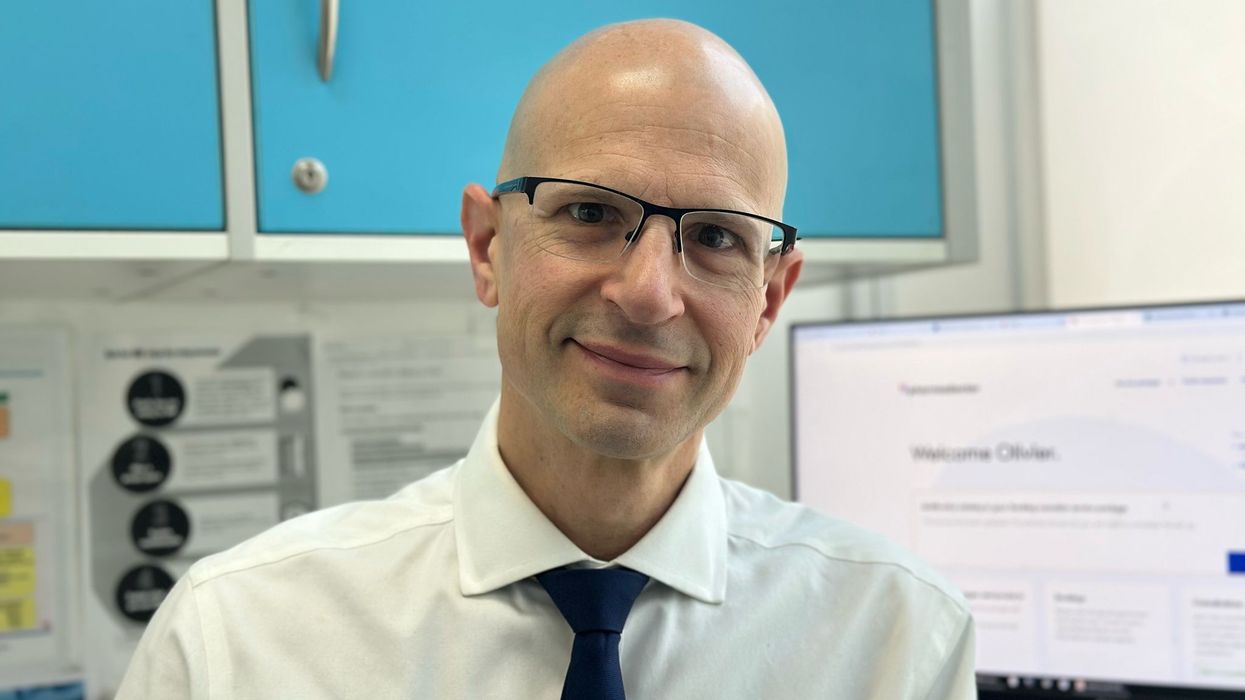In responses to the NHS ‘Fuller Stocktake review’, the Royal Pharmaceutical Society (RPS) has highlighted how pharmacy can support people at the interfaces between primary and secondary care as well as primary health and social care.
The NHS ‘Fuller Stocktake’ review has been looking at how primary care can help meet the health needs of local populations, working within new Integrated Care Systems and alongside wider NHS reforms.
RPS England chair Thorrun Govind said: “This wide-ranging review highlights how collaboration across care settings will be central to the future of health and care in England. Pharmacy teams working in primary care will be central to enhancing patient access to care and supporting the NHS recovery.
“We know that pharmacy teams are ideally placed to engage with local communities and must be at the heart of future efforts to reduce health inequalities. Pharmacists will play a key role supporting medicines optimisation to improve people’s health and also deliver better value for taxpayers.
“This must be supported by governance and leadership of the new Integrated Care Systems and backed up by investment in England in pharmacy education.
“I would urge the NHS and Government to listen to everyone working across the health service with new ideas and who want to help make a difference. I want thank our expert advisory groups and everyone who joined our member webinars to help shape this important piece of work.
“But the conversation does not stop here and we will keep engaging with the NHS and Government on what the Fuller Review means for pharmacy teams and how we can improve outcomes for patients.”
The review is looking at a range of issues in England, including:
- Workforce, including leadership and education
- Collection and use of data and information
- Working with communities and how best to engage with them
- Physical access to care
- Non-physical access to care including use of technology and remote consultations
- Governance and decision making which includes local contracting
Key issues in the RPS submission include:
- Supporting primary care and understanding the potential of primary care pharmacy to enhance local population health.
- Governance in new NHS structures and including pharmacy teams in decision-making across medicines, workforce and commissioning.
- Workforce modelling, professional development and ensuring a pipeline of pharmacists, pharmacy technicians and support staff.
- Expanding neighbourhood primary care provider collaboratives and multidisciplinary working.
- Proving seamless care for patients across the health service.
- Digital infrastructure and supporting innovative areas of practice such as pharmacogenomics and personalised medicines.











